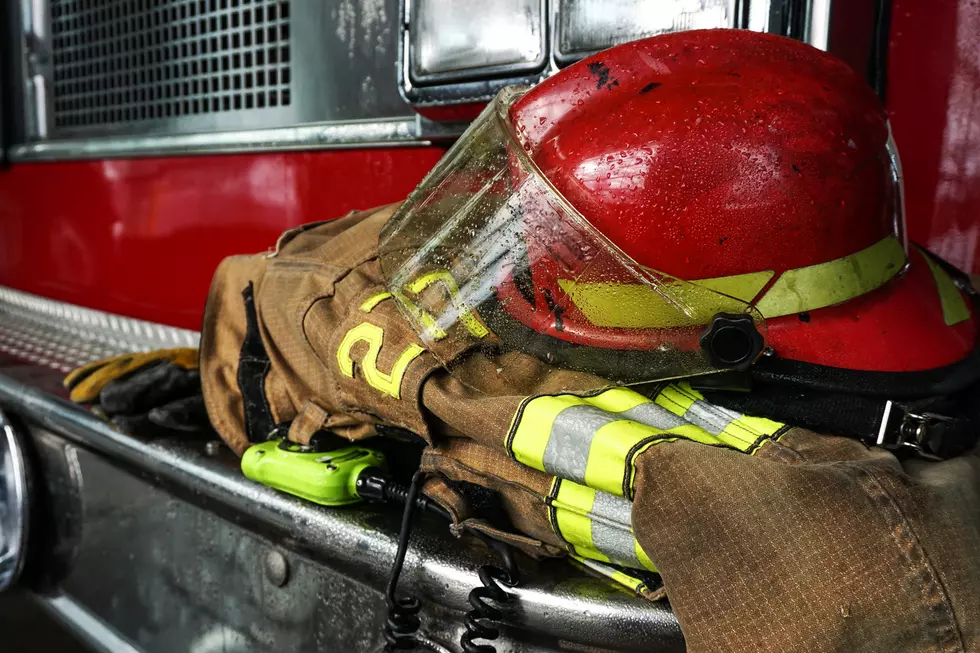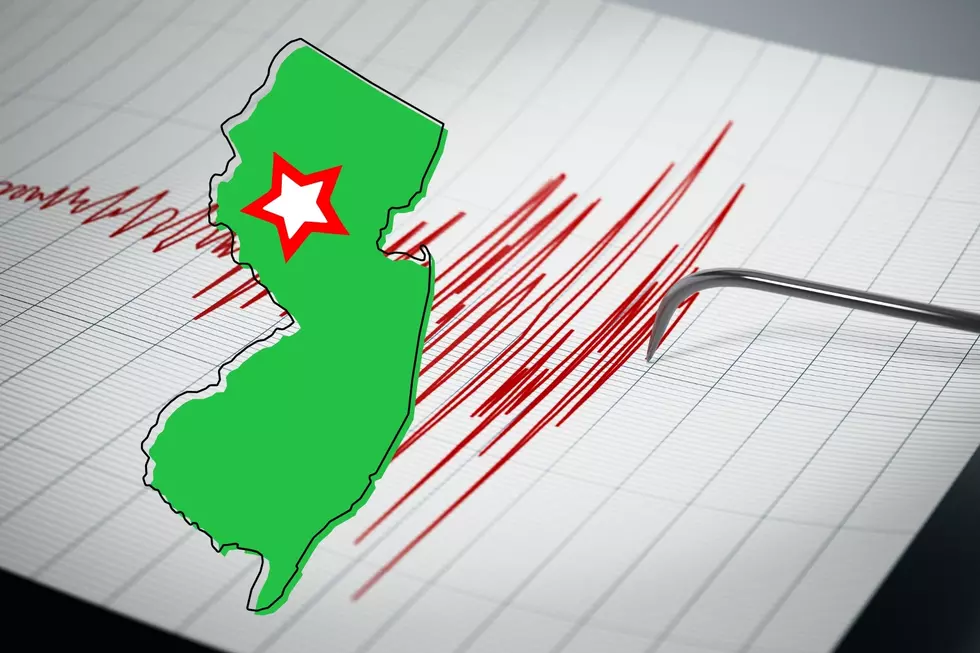
Democratic Governors Want Funding to Secure Places of Worship
LANSING — A Democratic group of governors led by Michigan's Gretchen Whitmer have joined national leaders in calling for an increase in funding for security at places of worship as concerns grow over threats against Jewish and Muslim communities sparked by the Israel-Hamas war.
Governors of 10 states and the territory of Puerto Rico sent a letter Wednesday, first obtained by The Associated Press, that was addressed to leaders in both chambers of the U.S. Congress. It calls for an increase in funding to the federal Nonprofit Security Grant Program, which is set to give $305 million this year to nonprofits to help secure their facilities against potential attacks.
“My fellow governors and I are calling for an increase to the federal Nonprofit Security Grant Program so we can help keep people safe amid rising threats and violence targeted towards Jewish, Muslim, and Arab communities and houses of worship,” Whitmer said in a statement.
The letter echoes calls from other national Democrats to increase the program's funds to address concerns over potential hate crimes motivated by the Israel-Hamas war. President Joe Biden asked for an additional $200 million for the security grant program in a supplemental budget request last month.
U.S. Senate Majority Leader Chuck Schumer said on social media Monday that he was asking for an additional $1 billion for the grant program to “counter acts of hate targeting places of worship and gathering like schools, religious community and senior centers,” and more. Other U.S. senators, including Nevada's Jacky Rosen, have made similar requests.
In addition to Whitmer, the letter was signed by Democratic governors in Wisconsin, North Carolina, New Mexico, New York, New Jersey, Minnesota, Colorado, Louisiana, Maryland and Puerto Rico. They asked for “swift consideration” of the funding increase “in light of ongoing concerns within our states and territories."
The letter cites the fatal stabbing of a 6-year-old Muslim boy in Chicago and a man arrested in Michigan after saying he wanted to hunt Palestinians as examples of the rising hate crimes related to the Israel-Hamas war. The increased fears of violence follow a familiar pattern of crimes against Jewish and Muslim communities rising when conflict erupts in the Middle East and Americans have been killed or taken hostage.
“Vigilance comes at a cost, and we must ensure our constituencies who are threatened by violence have the robust supports they need to stay safe,” the letter says. “We must secure the safety of our homeland, especially at its heart — where people gather to find comfort and identity in their faiths, cultures, and beliefs.”
In its annual report released last month, the FBI estimated hate crimes increased by 7% to 11,634 cases in 2022 compared to the previous year. With 1,124 incidents, anti-Jewish attacks were the second-most reported hate crime, after anti-Black cases. There were 158 reported incidents of anti-Muslim attacks and 92 reports of anti-Arab cases, according to the report.
States across the U.S. are looking for ways to bolster security in the wake of threats. In New York, state education officials on Tuesday announced the release of $45 million in existing funds for school safety equipment for non-public schools to address the rise in antisemitism and anti-Muslim threats. Schools including Islamic or Jewish schools will now be able to access the money immediately.
“As our communities face increased threats and violence in our schools statewide, these funds will help ensure safety and peace of mind for our students, staff, and families,” Khadijah Jean Pryce, head of Islamic Cultural Center School in Manhattan, said in a statement.
(Copyright 2023 The Associated Press. All rights reserved. This material may not be published, broadcast, rewritten or redistributed without permission)
30 neighborhoods in NJ where richest families live
Gallery Credit: New Jersey 101.5
LOOK: Groceries that dropped in price in the Northeast Last Month
Gallery Credit: Stacker
More From WPG Talk Radio 95.5 FM










